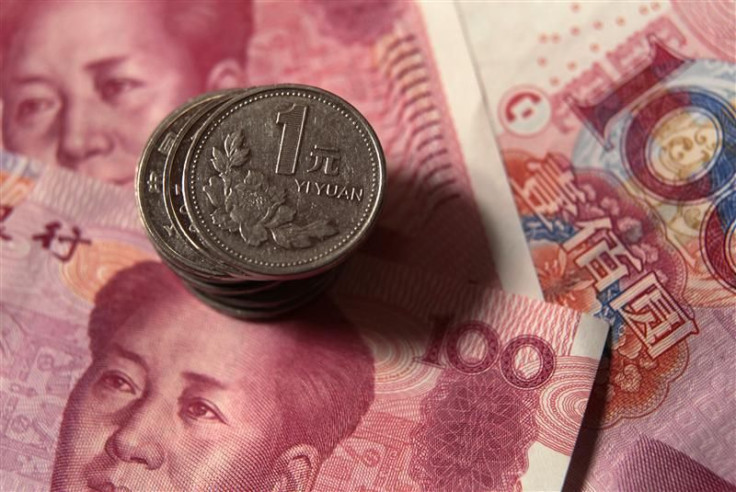World Bank Cuts China's Growth Rate In 2012 To 8.2 Percent On Declining Exports And Domestic Property Market

China's growth rate will decrease in 2012, according to the forecast by World Bank following the deterioration in the domestic property market and decrease in export demand globally.
In its China Quarterly Update released Thursday, the World Bank said that the expected growth rate for 2012 was 8.2 percent. It had previously expected China to grow at 8.4 percent but the growth forecast for 2013 is kept at 8.6 percent.
With the economy slowing in the near term, the policy challenge is to ensure that this continues in a gradual fashion, the World Bank said. Sufficient policy space exists to facilitate an orderly adjustment and respond to downside risks if they were to materialize, it added.
In a speech to the National People's Congress last month, Premier Wen Jiabao said that China would target an economic growth of 7.5 percent in 2012. This is clearly a decrease from the rate of growth of the last few years. In 2011 and 2010, the economy grew at the rate of 9.2 percent and 10.4 percent, respectively.
The World Bank report added that the nation's trade surplus may fall to 3.1 percent of gross domestic product this year. The government has loosened credit conditions to encourage exporters. In recent months, the state has twice cut the percentage of cash reserves it requires banks to hold, in a bid to spur lending to small businesses.
The government had reported earlier that its aim in 2012 would be to promote steady, robust economic development, keep prices stable, and guard against financial risks by keeping money and credit supplies at appropriate levels and being cautious and flexible.
The continuing crisis in Europe and the fragile economy in the US have hurt the demand for Chinese exports, which are the key drivers of the country's economy. Earlier, the International Monetary Fund had warned that an escalation of Europe's debt crisis could reduce China's economic growth by half for this year.
In February, World Bank President Robert Zoellick said that China's export and investment-driven economic model, though successful for decades, was no longer sustainable and reforms were needed to prevent a sudden slump in growth. The World Bank had reported that growth would slow down to between 5 and 6 percent annually by 2030 and a major overhaul would be needed to sustain even that level.
Also faced with a slowing economy and persistent inflationary pressures, China is in a bind regarding its policies for the property sector. Income from land sales and property transaction-related fees has traditionally been a source of revenue for local governments in China.
As of now, the attention will be on the official data for the country's gross domestic product during the first quarter, which is likely to be released Friday.
© Copyright IBTimes 2024. All rights reserved.





















